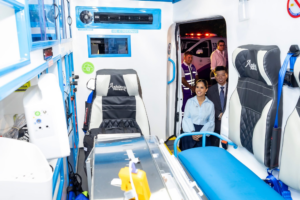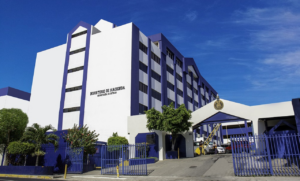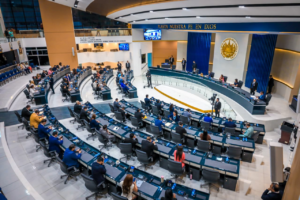
The Superintendencia de Regulación Sanitaria (SRS) has begun operating as the new regulatory entity in El Salvador, replacing the Dirección Nacional de Medicamentos (DNM) and absorbing competencies from the Ministerio de Salud (MINSAL) and the Ministerio de Agricultura y Ganadería (MAG). This merger positions the SRS as the National Regulatory Authority in charge of overseeing drugs, nutritional supplements, medical devices, health technologies, cosmetics, chemicals, food, beverages, and more.

With this restructuring, the SRS will centralize the regulatory and control functions of a wide range of products, both for human and veterinary use, facilitating the simplification of processes and procedures. Despite the changes, current users of the DNM have been informed that procedures will continue to be carried out through existing platforms such as the online portal and the electronic window, and for imports, through the Centro de Trámites de Importaciones y Exportaciones (CIEX) and the Banco Central de Reserva.
Procedures related to veterinary products and establishments must be handled at the SRS Building, formerly known as the DNM Building in Ciudad Merliot. Likewise, users of the Sistema de Información de Salud Ambiental (SISAM) will continue to use the same platform for their procedures, maintaining the physical presentation of documents at the SRS Building.

As for food, beverage, alcohol and tobacco establishments, the procedures will continue at the Divisiones Regionales de Salud Ambiental (DIRSAM), with no significant changes in the process.
The creation of the SRS has been well received by various institutions, such as the Corporación de Exportadores de El Salvador (COEXPORT) and the Comisión Intergremial para la Facilitación del Comercio (CIFACIL), who highlight its importance for the simplification and modernization of trade in the country. This entity strengthens El Salvador’s competitiveness by improving export and import procedures, which is essential for economic and social development.

The SRS represents a significant advance in the country’s sanitary regulation, promising to strengthen competitiveness and contribute to the integral development of El Salvador.







